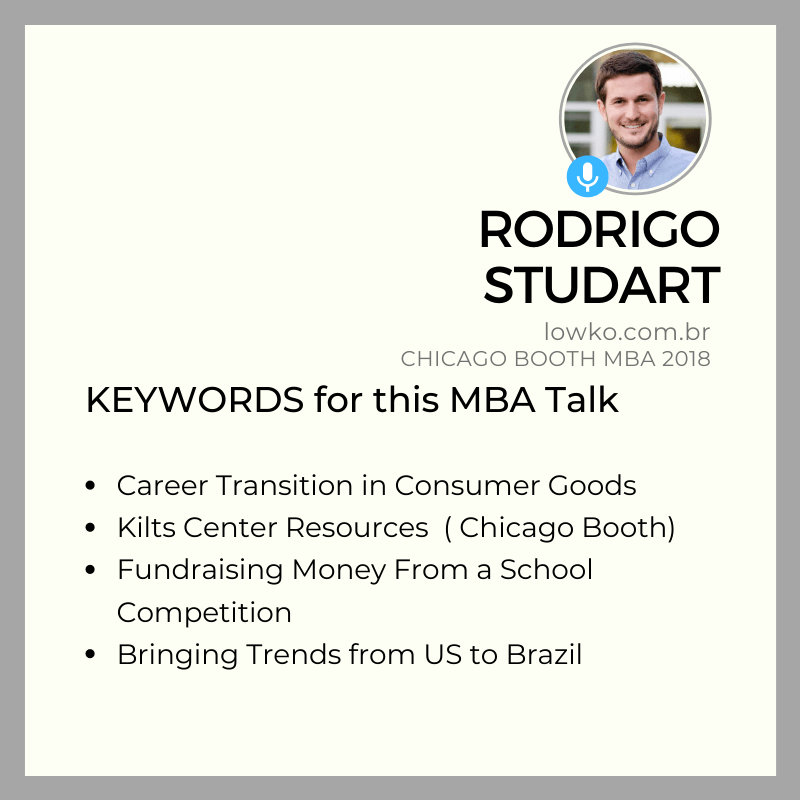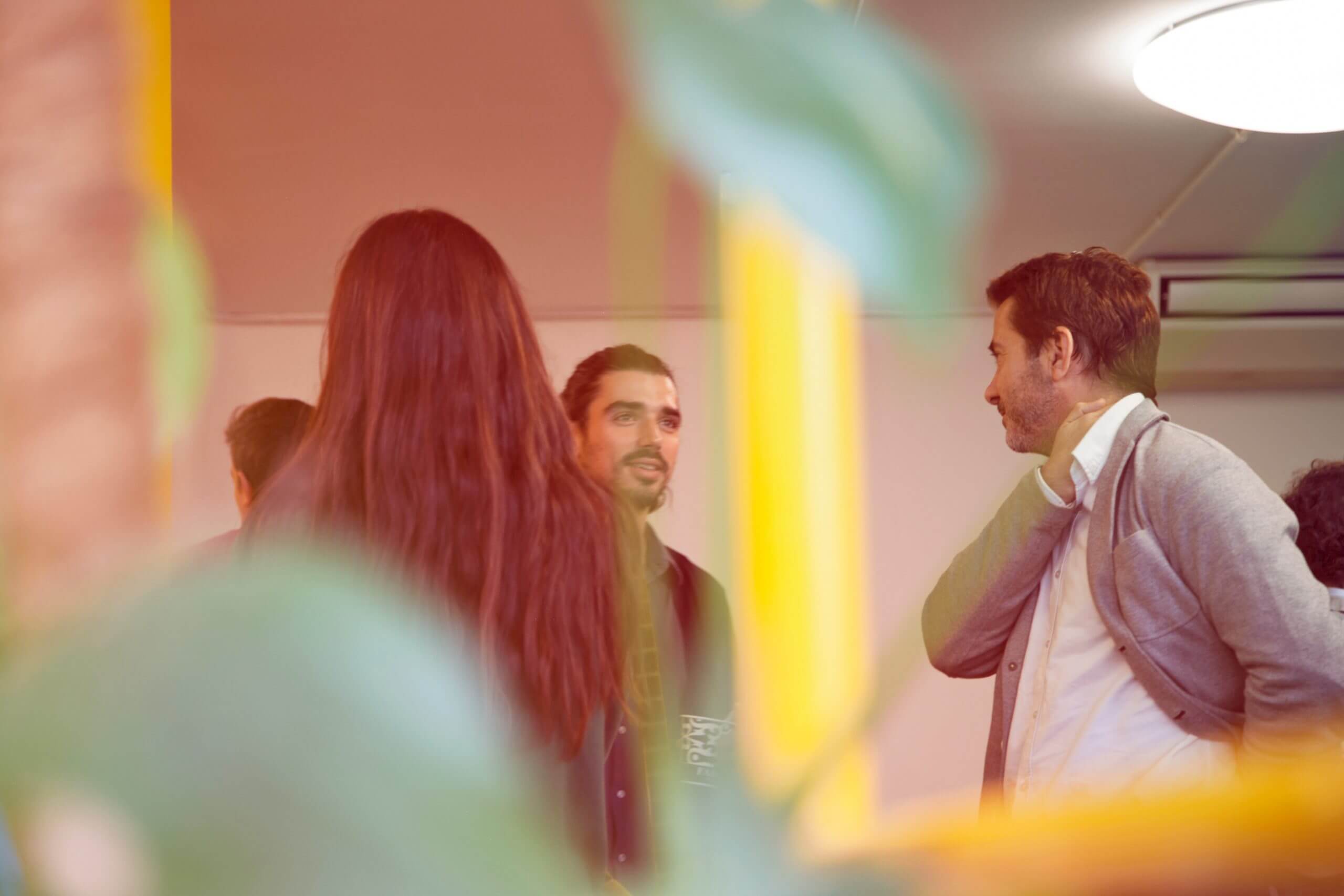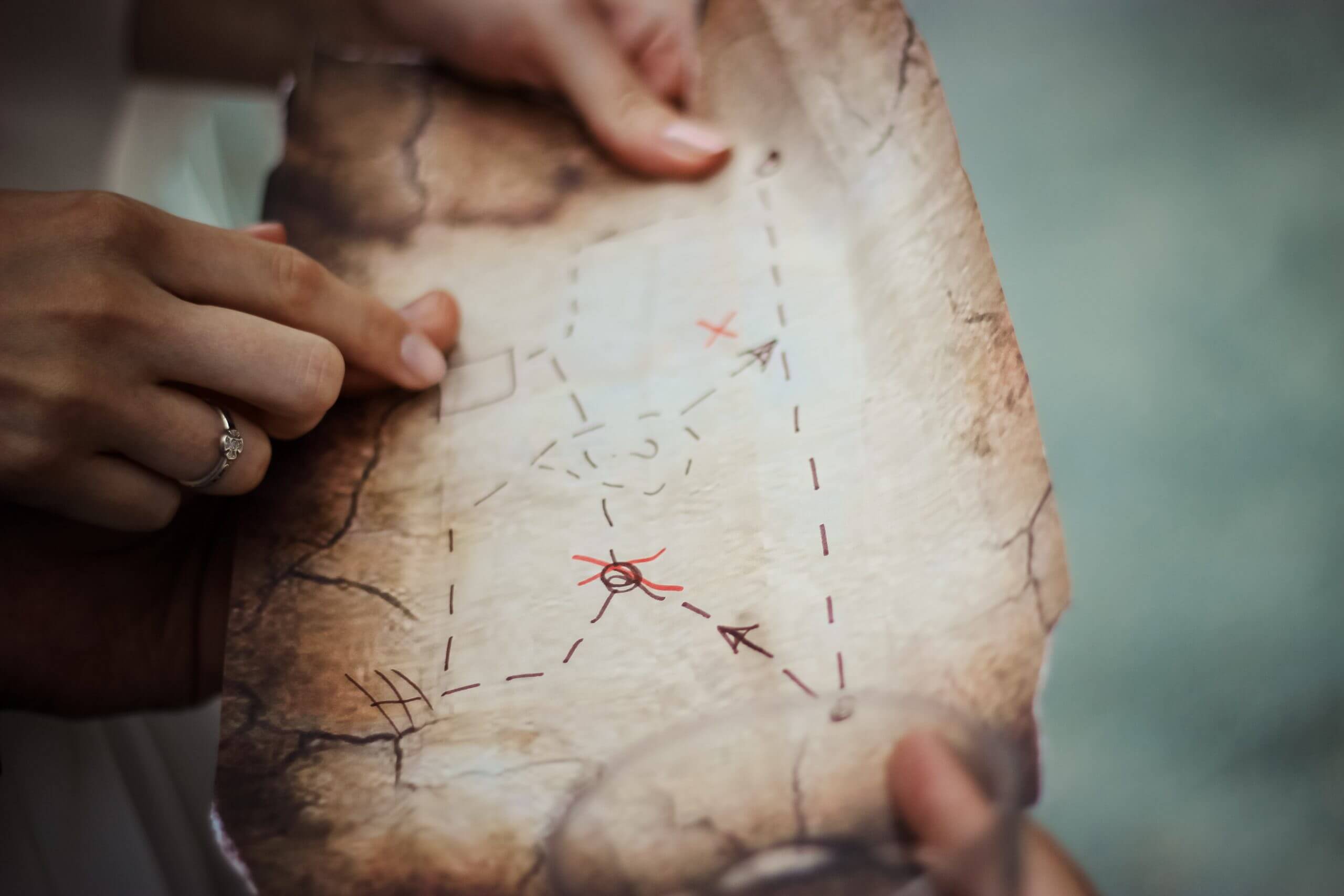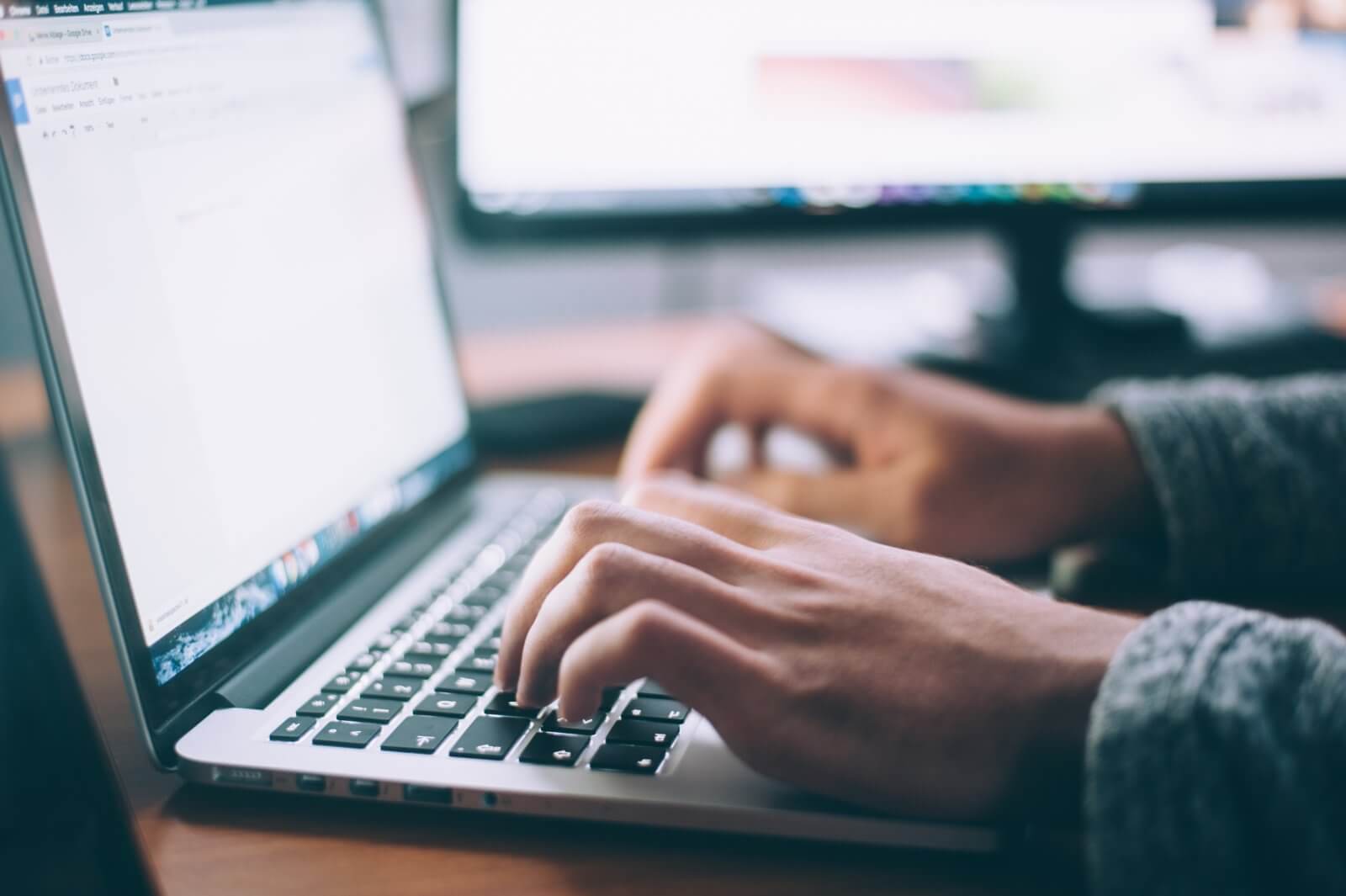What would your parents think if you decided to open an ice cream shop after your MBA studies?
To answer that we are interviewing Rodrigo Studart, from the Chicago Booth 2018 class. Also, he is the founder of Lowko, an ice cream brand in Brazil.
In this interview, we are going to learn how Rodrigo decided to dive into consumer goods, won a competition and investment from his business school to bring a global food trend to Brazil.
[toc depth=”1″ title=”This Talk Content:” title_tag=”strong”]
Episode Notes
Working in the Shoplifter Sector
Where are you living? Where are you from, and how do you present yourself?
[01:29] I’m living in San Paulo right now. I’m originally from a small town in Rio de Janeiro countryside called Valença. And I introduced myself as a young entrepreneur passionate about ice cream. I’m 31 years old.
What are your favorite entrepreneurship resources?
[02:12] I like a Brazilian website called Projeto Draft, and it’s called a draft project in English. It’s a website where they publish a couple of interviews with entrepreneurs and tell some stories about different kinds of entrepreneurs. It’s a one-to-one entrepreneur website and a good resource for everything that is happening in Brazil. Where you can just see different ideas coming to life. This is something that I really like.
A recent interview that caught your attention?
[02:49] We were featured on this website, so that’s a big one. And there is another one also about a company. It’s a young woman entrepreneur who also created a health food store, and she sells healthy food for children in private schools here in Brazil. They are changing the way kids are eating in school. It’s a very nice one and it’s also new. It was published before us.
Have you considered being an entrepreneur before your MBA?
[03:44] No, actually my entrepreneurial life started in the middle of the course. During the course I feel like I always have some kind of entrepreneurial spirit. So for example: when I was very young, my parents had an ice cream shop and they used to sell a lot of stuff in the store. And I used to sell some of the products from the store in my school because I liked it. I used to like to commercialize stuff. I always liked doing my own business, but my real entrepreneurial life started during my MBA. And it was then when they realized that I would like to try something different.
How was your career in Brazil before doing an MBA in the US?
[04:53] My whole career was at brMalls, which is the largest shoplifted company in Latin America. I started working for brMalls when I was in college. And I left a couple of months before going to Chicago for my MBA. The reason I left is that I knew that I was going to Chicago.
Also, I wanted to try something different before going to business school so I worked for six months for a food company also here in San Paulo.
The food company already knew that I was going to go to business school, and they needed some resources to help them to structure a new business development area. My whole career was in new business development. So, basically, I worked there for six months, setting up this new department for the company.
Chicago Booth Opportunities for a Career Transition in Consumer Goods
How did you decide to drop BRMalls for the MBA?
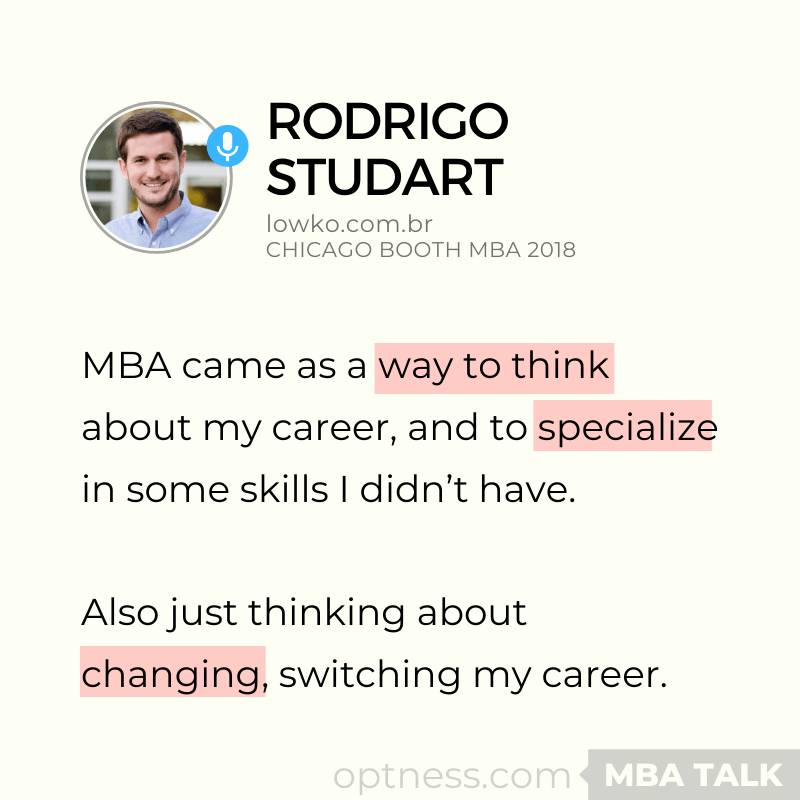
[06:13] I worked for six years for the same company. My career there was amazing, I was going pretty fast. The company was very aggressive in terms of career path, but at some point, I was not completely happy about what I was doing, and I also wanted to try something different. So the MBA came to me as a way to think about my career, and to specialize in some skills I didn’t have. Also just thinking about changing, switching my career in another direction.
What opportunities did you seize to explore new sectors and new perspectives?
[07:36] I knew that I wanted to make some transition to consumer goods or retail. And at BRMalls I was focused on real estate.
At the business school you are exposed to so much information, so many options, and so many things, that it is overwhelming, also you have many companies to visit.
You have a lot of different classes to attend and specialize, to develop new skills. You meet so many people from different backgrounds with different experiences. There are so many that it’s even hard to decide what you want to do with your time in school.
I knew beforehand that I wanted to pursue something related to consumer goods, retail or food. So I tried to focus my whole experience in something like this. All my classes, activities and everything that I was doing at the MBA was to develop my skills for making this transition to a new industry.
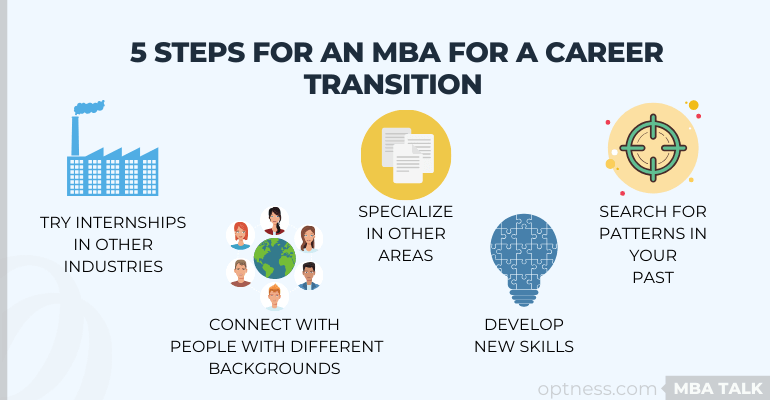
Is there any experience you remember where you said: “I like consumer goods, it’s the right industry for me“?
[08:53] Yes. For example, during my first year at Chicago Booth, I participated in a project called Good Food Accelerator. It’s a small accelerator in Chicago, it helps food entrepreneurs, and they recruit MBA students to volunteer for their startups. There I did small projects for a restaurant chain in Chicago helping them to structure a better business plan and marketing plan. It was pretty small but it was really interesting.
And then during my summer internship after my first year, I also interned at a startup in New York. It’s a luxury basics e-commerce startup. Basically, they sell luxury clothes like T-shirts and everything. And I help them to structure a business plan for fundraising to expand the company.
Is there something specific about consumer goods that you like?
[09:50] I feel like it is something that I have always liked. I always liked to observe consumers and see how they make their decisions. Understanding how there are some projects that just are completely successful, and others that are not. All this psychological behavior of consumers is something that I have always liked. And this is why I decided to make this transition. When I started working for brMalls, It’s a mall company, there was a lot related to this. But the business itself, it’s way more real estate than consumer goods. So that’s why I tried this transition.
Raising Money from the School Competition
While in Chicago, how did you figure out that you were going to be an Entrepreneur instead of going to a big company?
[10:16] At first, I started applying for a couple of companies in the CPG (Consumer Packaged Goods) industry, the food industry. In my time in Chicago I decided that I wanted to have my internship in the US. I didn’t want to go back to Brazil just for an internship. I would like to explore the opportunity of being there in Chicago working. And most of the companies in this industry do not hire international students. So my universe of companies to apply for was very small. I also didn’t want to have an experience in a company that didn’t make sense to me, in a company I didn’t feel comfortable working for.
For example, in PepsiCo, they sell a lot of snacks and everything. But when I was at the appliance, I didn’t want to work for a company like that. I know that PepsiCo is an amazing company, but I couldn’t picture myself working marketing, and trying to make people eat more Doritos for example.
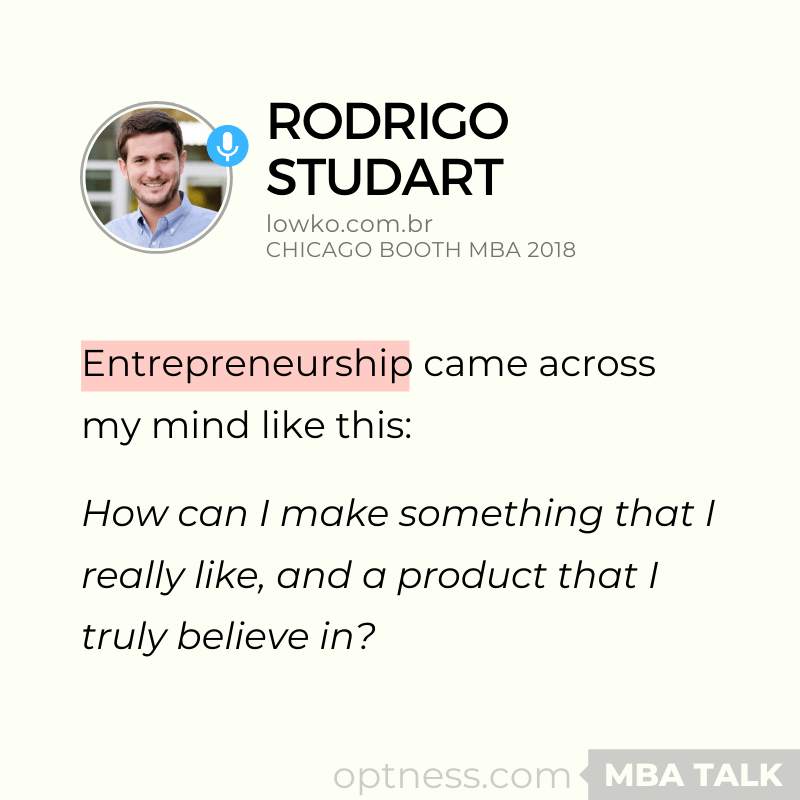
My idea was that I wanted to work for a company that I truly believe in the product, and something that really wants to make people feel better about it. And entrepreneurship came across my mind like this: “How can I make something that I really like, and a product that I truly believe in?”. And yes, while doing school I found out a US company that it’s a low-calorie ice cream maker. It’s called Halo Top, and they became very successful in the U.S. over the last few years.I was impressed with the company, the products, and everything.
That’s how everything started, and I realized that nobody was doing that in Brazil. So everything that I told you about finding something that you truly believe, and trying to do something different was how I started.
So I started by trying to put everything together and see if I could actually make something similar in Brazil. And then when I realized I was already working on my own business plan.
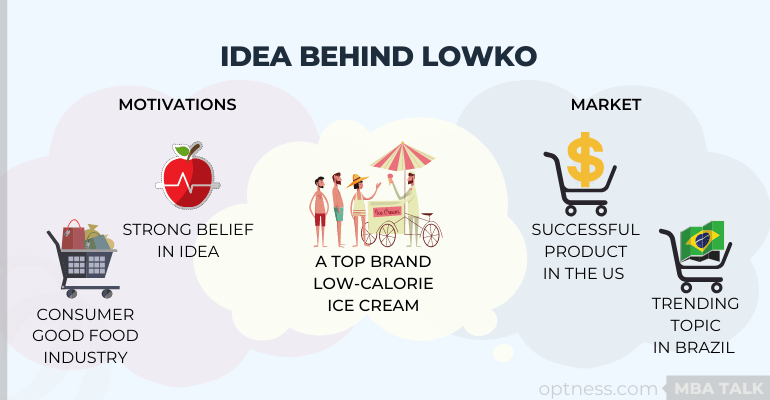
What happened when you ended the MBA and went back to Brazil?
[14:12] Basically I had this idea during my first year but I was very insecure. I wanted to have an internship in a formal company. I didn’t want to do my internship in my own idea. It was in the beginning after my internship in a pretty intense startup internship. I decided to make my own business plan. Then fundraise it and present it to a couple of investors. And see if some of them would be interested in the investment. And that’s what’s happened.
After my internship. I invited a colleague who worked with me at brMalls to join me in this project. We decided to invest some money to make the product real. And we hired an ice cream shop in Brazil who developed the first prototype, and the first samples of the product. We also invested in the first attempt for our brand.
With the brand and the product, while in Chicago. I returned a couple of times to Brazil. Even if I was still studying in Chicago. I went a couple of times to Brazil to show this to investors, to discuss with them, and start to draft a business plan. And that’s how everything started.
I started to see that a couple of investors were really interested in the project. Then, before I finished the MBA, we had the opportunity to participate in an accelerator program, at the University of Chicago. It was a kind of competition for startups, we participated in this program and were placed in fourth in the competition. And the University of Chicago invested in our project.
What other resources are available for entrepreneurs at Chicago Booth?
[15:38] There are so many resources. First, there are many classes related to ownership, from finance and accounting to entrepreneurs, strategy for the business, and even on developing new products and ideas. All the classes are very, very good. They have a whole Entrepreneurship Center called Kilts Centers, where they have like mentors and all the support, with labs where you can prototype the product. With many other resources, they promote lectures and then bring investors.
So it’s basically a center that is focused on developing entrepreneurship in university. They also have this amazing startup accelerator program. It’s today the largest accelerator program inside a university in the US. For instance: this year that we competed with 57 other startups. It’s a pretty big program and they invested almost one million dollars in the different companies. They had all kinds of startups like health care, paying-tax, some consumer goods companies, basically all the kinds of startups.
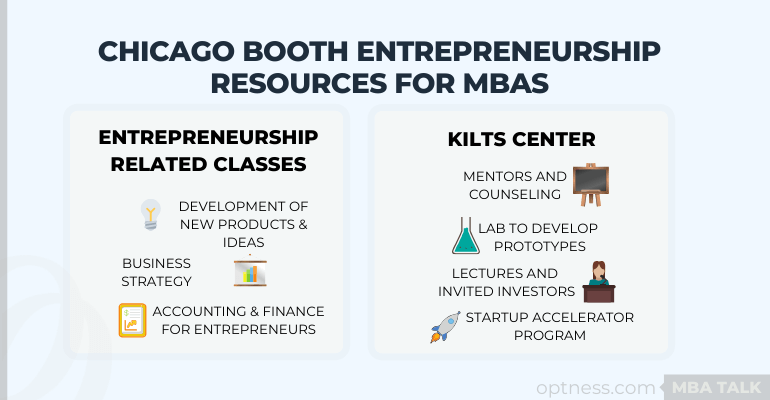
What was the secret that brought you to be one of the finalists?
[16:27] I feel like we were very prepared for the competition. So my team and I were completely focused on this project during the competition, and we talked to many CPG experts in the west. We detailed all the financials of this business. I bought the product from Brazil to Chicago, it’s ice cream and I brought it in my luggage. Because I was pitching a food product, and I couldn’t pitch without making the judge see it.
I feel like all our engagement was super hard and we were so prepared that they felt like: “OK, this business is going to happen because the entrepreneurs are completely focused, they are completely engaged with it.” And of course, it was a great idea to do something that we proved that there was a market. And yes I feel like they said they “saw a good path for it for this business happened.”
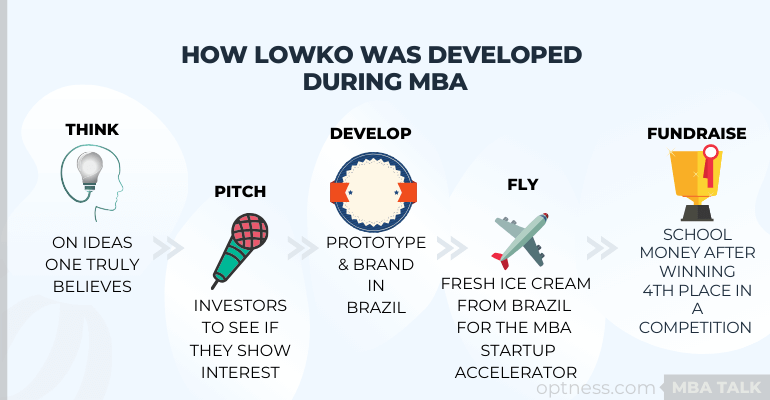
Back to Brazil & Starting the Business
What did your family think when you came back with the ice cream startup idea?
[18:36] At the beginning they thought it would be too much risk, but after they saw that even the university trusts in investing in the business, they completely supported me in everything. I came back in July with this money in hand, and I decided to focus completely on this after school.
So we came back focused on fundraising, also to keep talking to other investors and pitching to all of them in Brazil. And also hiring the team, bringing in more people to the company and rebranding the business. We changed the brands, from the one that we pitch in Chicago to the one that we launched last year. Those were the three focuses when I came back.
Is there anybody specific that influenced you the most?
[19:31] I don’t know. I feel like the decision of starting this was something that came from me, but my first investor in Brazil was someone who really wanted to make the business happen. She was really excited about the project, she’s a great businesswoman in Brazil and a former entrepreneur. She helped me a lot in the sense of empowerment, motivation, and connecting me to important people in Brazil. And she is an important influence on me.
How is the startup going?
[20:12] It has been great, we launched two months ago but it’s still pretty recent to say anything. So far consumers are loving the product. The retailers are also really excited about the product. The team is completely happy and very engaged in everything. So we are very excited, I feel like we’re doing a great job so far. But as I said, it’s still very early to say anything. And hopefully, we’re going to keep all this energy and all the feedback going on and we’re going to just expand everything.
Suggestions for Aspiring MBA Candidates
Looking back would you have changed anything about your school experience?
[20:56] Oh, I feel like it was actually perfect. It was in my second year when I decided that I wanted to start my own business. I use all the resources from school, like all the classes that I took in the second year were focused on entrepreneurship. Met very important professors related to the partnership at school. Participated in this project, in an accelerator that was really important to the business. I feel like the experience of the business school is amazing, it was actually perfect.
What’s your response to skeptics that say that business school is a waste of money for entrepreneurs?
[22:16] No, it’s not. Business school is super expensive. If you only think about the money, you would never go to business school. It’s a kind of long term investment. And something that you should not consider is how much money you’re making for doing business school because it doesn’t make sense. But when you see all the knowledge you get, all the connections you make, or the people, or the experience you have there is something that you cannot pay for. It’s more than just money.
And for entrepreneurs, it’s amazing because all of the resources that the school offers you. It’s something that you cannot get in the same way in another place. Many of the investors that I got to my company came from friends, from business school or connections that I created in business school. Like even though the investment from the university it was really important to convince the investors in Brazil to invest. So I feel like it was amazing. Without business school, I would never have started my business.
Bringing Trends from one Country to Another
Could you compare the differences between bringing a business idea from another country in the US and in Brazil?
That’s an inspiring story. I’d like to ask you if you have any experience like for example I’m thinking about anyone who opens a company in a market like Brazil like you saw this idea happening in the US, but I guess the U.S. market and the Brazilian market are very different. Could you compare it?
[24:10] Sure, like I just used the idea from the US but I adapted completely to Brazil. I changed the formula, created my own formula that is different from the American product. With flavors adapted to Brazil, our flavors are more related to Brazilian consumers. Also, there are pros and cons to bringing something like an app or an idea to another country.
So, for example, I feel like the Brazilian market is way better suited to this kind of product. Brazilians are very concerned about their health as a plus value, about their physics and everything. But also all the infrastructure in the country is not developed as in the US. So the distribution of ice cream in Brazil is way harder than in the US and more expensive. It’s harder to expand the business. So it’s a process of adapting to a different reality. There are good things and bad things about it.
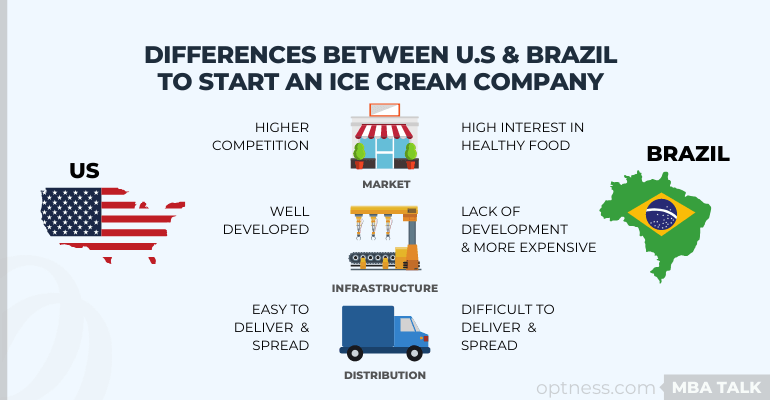
Do you have any preferred tools like FMEA, SWOT Analysis, Design Thinking?
[24:54] We used a lot of design thinking at the beginning of the company, while we were developing the product and the whole concept of the company. So while interviewing consumers, understanding the habits of ice cream consumers in Brazil. That was something very helpful, but it’s not something that I use every day, but I really like the design thinking methodology.
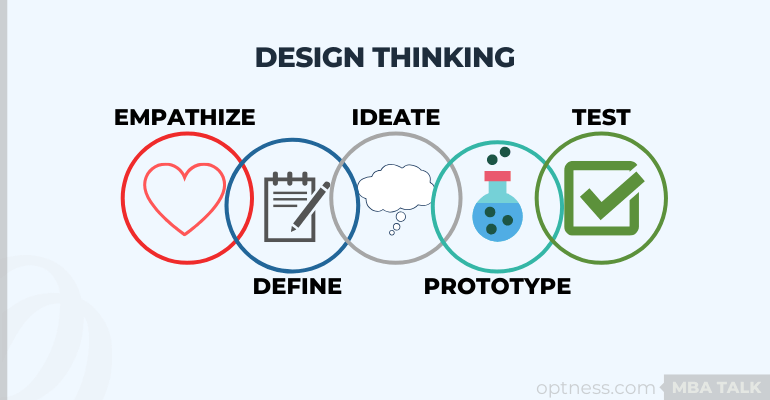
Was the ice cream the only idea? Any suggestions for other students?
[25:12] I feel I always wanted to be an entrepreneur but I never had the courage or found an idea. Finding the idea is something kind of weird, but for me, it just happened. As I said: “you need to do something that you really connect with”. So ice cream is something that I always loved in most parts of my story.
And it’s not something that you can just recommend to another person. A good way is to find something that makes sense to you like the US has so many great things happening that are not happening in Brazil. For instance, it’s nice to see a new business here that hasn´t been replicated anywhere. And it’s better if you can work out something that makes sense to you.
—
Thank you for joining me for this episode of the MBA talks, a podcast brought to you by Optness Institute. You can find all Notes of the other episodes, as well as SUBSCRIBE for future episodes at optness.com/mbatalk. And if you’re enjoying the materials and have any comments, topics, or suggestions, I love you to shoot me an email. My name is Andres and you can write to me at mbatalk@optness.com.With that, thank you and we’ll see you in the next episode

